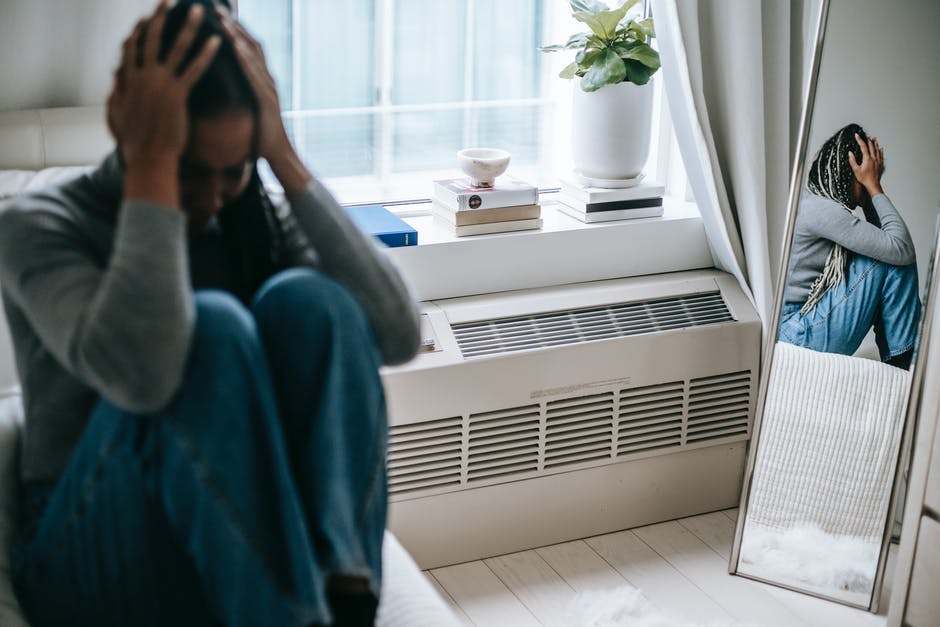More than one million American women go into menopause each year. It naturally occurs between the ages of 45 and 55, but the average age for onset is 51.
Menopause can cause a large variety of symptoms that can last from just a couple of years to an entire decade.
Fortunately, there are plenty of treatment options out there that can help ease the discomfort. Knowing what to expect goes a long way toward being prepared with treatment options.
Keep in mind that menopause isn’t the same thing as primary ovarian insufficiency, or POI, though the symptoms may be similar. POI generally begins before age 40.
If you’re nearing age 45, it’s a good idea to be ready for menopause and all that it entails. Here’s what you need to know.
What Is Menopause?
You are officially in menopause when your periods have stopped for 12 consecutive months, and you aren’t pregnant or sick.
The event starts with perimenopause, which is characterized by irregular periods, hot flashes, sleep disturbances, vaginal dryness, and changes to your sexual arousal and behavior.
As you transition from perimenopause to menopause, your periods will stop completely. You’ll also experience the above symptoms, as well as headaches, a racing heart, sweating, and painful sex.
You might also have night sweats, thinning hair, loss of breast tissue, and weight gain.
All women experience these symptoms to a varying degree, and you may have some and not others. It’s important to continue seeing a doctor during this time.
He or she can give you an official diagnosis of menopause and help you make healthy lifestyle choices as you enter this new phase in your life.
Keep reading to find out what kind of treatments are available for you during menopause.
Topical Estrogen
One of the biggest complaints that women have when they are menopausal is vaginal dryness and painful sex. Chances are you aren’t ready to give up intimacy so a solution is vital to keeping it enjoyable.
Low-dose estrogen-based lubricants can help. They add lubrication during intercourse and also boost your estrogen levels for a short time.
Your doctor can prescribe a topical estrogen treatment that works for you. Be sure you follow dosing instructions for the best results.
Sleep Aids
Because menopause can interfere with healthy sleeping patterns, you may find that a sleep aid helps you get back on track.
Sleep medications are available over the counter and by prescription. Your doctor can help you decide which option best suits your needs.
You may find that a melatonin supplement helps, but as menopause progresses, something a bit stronger may be necessary. Follow dosing instructions carefully.
Hair Products
Thinning hair is a problem that many menopausal women face. There is a wide range of shampoos, conditioners, and other anti-thinning hair products that can help.
These are often available at hair salons or specialty beauty stores. You might also be able to order them online or through your dermatologist.
If you’re also suffering from skin issues on your scalp, anti-dandruff shampoos can help. The ingredients can also slow hair loss in menopausal women.
Some women experience the opposite problem during menopause and find that they are having hair growth on their face. This can be unsightly and embarrassing.
In that case, an eflornithine hydrochloride topical cream is a good option to try. It’s used to slow the growth of hair and is often used on the chin or upper lip as women become menopausal.
The cream is a medication and is available on a prescription basis. Talk to your doctor or dermatologist if you want to give it a try.
Prescription Medications
Many of the symptoms that go along with menopause can be treated with medications. Often, they are discontinued once the process is complete but are invaluable for making the transition more comfortable.
Selective serotonin uptake inhibitors, or SSRIs, are often used to treat hot flashes, as well as any depression and anxiety that go along with menopause.
Other prescription medications are sometimes used to treat or prevent osteoporosis since thinning bone mass often occurs along with menopause.
Hormone replacement therapy is another option that is delivered on a prescription basis. This method helps ease your body through the loss of estrogen and can dramatically reduce symptoms.
Lifestyle Changes
As you enter this new chapter in your life, some lifestyle changes can make a difference. Taking care of yourself during your menopausal years is important.
For that reason, diet and exercise are vital considerations. Eating to achieve a healthy weight will make you feel better, but can also improve mood and sleep disturbances that are common during the menopausal years.
Aim to get plenty of foods from each food group and try to get about 30 minutes of exercise on most days of the week.
To counteract hot flashes, dress in layers. This is especially helpful at night. This allows you to discreetly remove a layer so that you don’t have to share with everyone what’s happening.
Some women find that having a therapist can help them through menopause. It can be an overwhelming time in your life and having someone to talk to can ease symptoms and help you learn healthy coping mechanisms.
Living Through Menopause
As you can see, menopause is something you should be prepared for. It could last several years so coping is vital to coming through it unscathed and ready for the rest of your life.
With so many treatment options available, you should be able to find one that treats the symptoms that bother you the most.
Before you go, check out all of the ways we can help you live your most zen life, no matter what stage you’re in.





Leave a Reply
You must be logged in to post a comment.